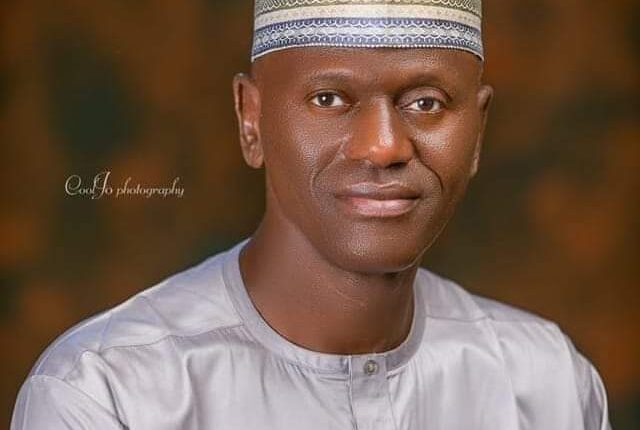35.6m drug disorders worldwide leads to women, child trafficking
|
Getting your Trinity Audio player ready...
|
Ibrahim Mijinyawa Yayaji
By Joseph Adahnu, Yola
No fewer than 35.6 million people are suffering from drug disorders which leads to women and child trafficking worldwide.
Adamawa State Commissioner for Local Government Affairs, Hon. Ibrahim Mijinyawa Yayaji, made known at in Yola during an event on drug abuse and human trafficking.
The event, sponsored by Adamawa State First Lady, Hajiya Lami Ahmadu Umaru Fintiri, brought together stakeholders from various sectors to discuss the interconnected issues affecting millions globally.
The Commissioner stated in a goodwill message as he highlight in the “alarming statistics, that 35.6 million people are suffering from drug disorders worldwide and the exploitation of women and children through human trafficking.”
Yayaji said, “The issues of drug abuse and human trafficking are deeply interconnected, affecting millions of lives globally, Both problems stem from vulnerability, such as poverty, discrimination, and lack of opportunities
It is no this note, he advocates for health centered approaches prioritizing prevention and treatment, praising the state government’s efforts led by the Fintiri’s administration in implementing comprehensive strategies and youth empowerment programs.
He however emphasized that, “To combat these intertwined crises effectively, it is crucial to adopt health centered, right based approaches that prioritize prevention and treatment over punitive measures”.
Yayaji stressed the vital role of communities in combating these issues through awareness campaigns and support for vulnerable populations.
He reiterated that “communities must play a vital role in combating these issues. Engaging civil society organizations, youth groups, healthcare providers, educators, and families can create a supportive environment that fosters resilience against drug abuse and trafficking.
That stakeholders’ engagement aimed to address the root causes of drug abuse and human trafficking, promote evidence based solutions, and foster collaboration among stakeholders.
While calling for collective action he said, “Addressing drug abuse and human trafficking requires a united front where governments, communities, civil society organizations, and individuals work together to provide better care for those affected by these crises.”
Present during the events include representatives from government agencies, civil society organizations, youth groups, and healthcare providers.



Comments are closed, but trackbacks and pingbacks are open.